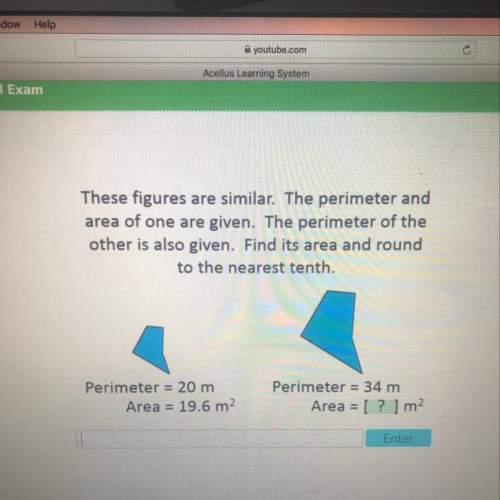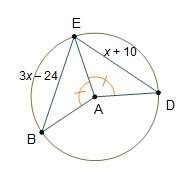
Mathematics, 17.12.2021 22:00 MacieKay8865
A traveling merchant has valuable items to sell, but he is not always in town. In fact, whenever he is in town today, there is a probability of 0.8 that he will not be in town tomorrow. Whenever he is not in town today, there is a probability of 0.7 that he will still not be in town tomorrow, either.
Today, he is not in town. Compute the probability the merchant will be in town on at least one of the next 3 days.
Hint: Find the probability he will not be in town at all the next 3 days, then use the complement rule.

Answers: 1


Other questions on the subject: Mathematics

Mathematics, 21.06.2019 21:00, jumeljean123oythxy
Kira looked through online census information to determine the overage number of people living in the homes in her city what is true about kira's data collection?
Answers: 1


Mathematics, 22.06.2019 02:00, laurachealsy923
Zack and tia played chess for 50 min they put the chessboard away at 11: 20 when did they start
Answers: 1

Mathematics, 22.06.2019 04:30, alexisss23
Television viewing reached a new high when the global information and measurement company reported a mean daily viewing time of 8.35 hours per household. use a normal probability distribution with a standard deviation of 2.5 hours to answer the following questions about daily television viewing per household. a. what is the probability that a household views television between 4 and 10 hours a day? (to 4 decimals) b. how many hours of television viewing must a household have in order to be in the top 7% of all television viewing household? (to 2 decimals) c. what is the probability that a household views television more than 4 hours a day? (to 4 decimals)
Answers: 1
You know the right answer?
A traveling merchant has valuable items to sell, but he is not always in town. In fact, whenever he...
Questions in other subjects:



Mathematics, 28.01.2020 04:31

Social Studies, 28.01.2020 04:31


Mathematics, 28.01.2020 04:31

Mathematics, 28.01.2020 04:31


Mathematics, 28.01.2020 04:31

Mathematics, 28.01.2020 04:31





